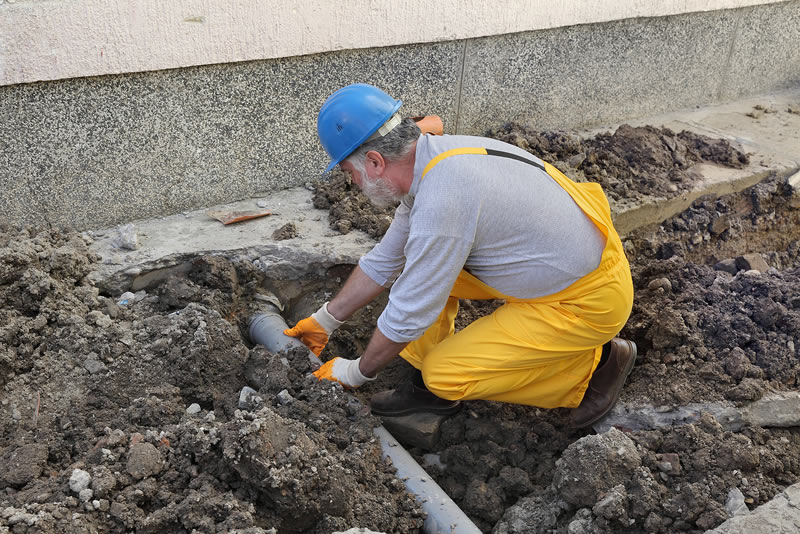Call This Wednesday to Get $50 OFF
Call us today
214-943-2424

It probably doesn’t cross your mind, but you use your plumbing system every day. You depend on multiple fixtures working together to carry out your daily routine. If you don’t realize their importance and continue to misuse or neglect proper plumbing maintenance, you will end up with blocked sewage drains. The sewer lateral in your home is crucial for transporting wastewater to the city's sewer system. If an incorrect item gets flushed down a pipe, it may build up in the sewer pipes, blocking the flow of wastewater from your home. The sewer backup that would happen as a result could greatly disrupt your usual daily routine. To prevent a disaster at home, learn about common sewer problems and know how to protect pipes from getting clogged.
If you're thinking about using your garbage disposal as a trash can, just remember that whatever you put in there goes straight to your sewer line. Carbohydrate-rich foods such as rice, potatoes, and pasta can solidify in water, creating clog-ups in your pipes. In the same way, potato peels can become paste-like when they are ground up and combined with water, leading to problems in your plumbing. Other substances that can lead to clogging include grease, coffee grinds, and food particles.
Toilet paper is made to break down in water, while other paper items such as tissues and paper towels soak up water, which prevents them from disintegrating when wet and may cause them to enlarge in your pipes. You can easily picture how quickly wads of paper towels and tissues can create a wet blockage. Even flushable wet wipes pose a risk to your sewer line as they do not break down in water. Choose toilet paper to prevent your pipes from getting clogged with tough materials.
Just like any other substance, hair accumulates over time and may eventually create a substantial blockage that hinders the flow in your sewer system. Losing hair while showering is inevitable, but you can use hair catchers to prevent human and pet hair from clogging your pipes by fitting them inside your drain. If you often clear hair from the shower drain, think about doing regular maintenance with a plumbing service to avoid accumulation in your pipes.
If your sewer line is severely damaged, you might have to think about calling for a trenchless sewer line replacement. This approach causes less disruption than conventional sewer repair methods, which typically require excavation of your lawn. Trenchless technology enables plumbers to swap out damaged pipes with minimal disturbance by establishing just a few small access points. This method saves time and also protects your landscaping, driveway, and other property features.
If you are still facing issues with your plumbing despite trying various preventive methods, reach out to a professional plumbing repair service like Texas Rooter for a possible complimentary inspection of your sewer system. Our experts utilize sophisticated sewer line cameras to identify blockages or uncover any hidden problems. An inspection allows sewer repair experts to suggest the best and most budget-friendly method for solving the problem with minimal disruption to your property.
We’ve all heard that soft-but-persistent sound of water trickling in the bathroom long after the…
Read MoreThere’s nothing like a blast of cold water to jolt you awake - and not…
Read MoreYou turn on the faucet and clean water comes out; you flush the toilet and…
Read MoreThe average individual doesn't think twice about the toilet, let alone the parts within in…
Read MoreThe notorious burst water main starts with an unusual sound - maybe a low hum,…
Read More